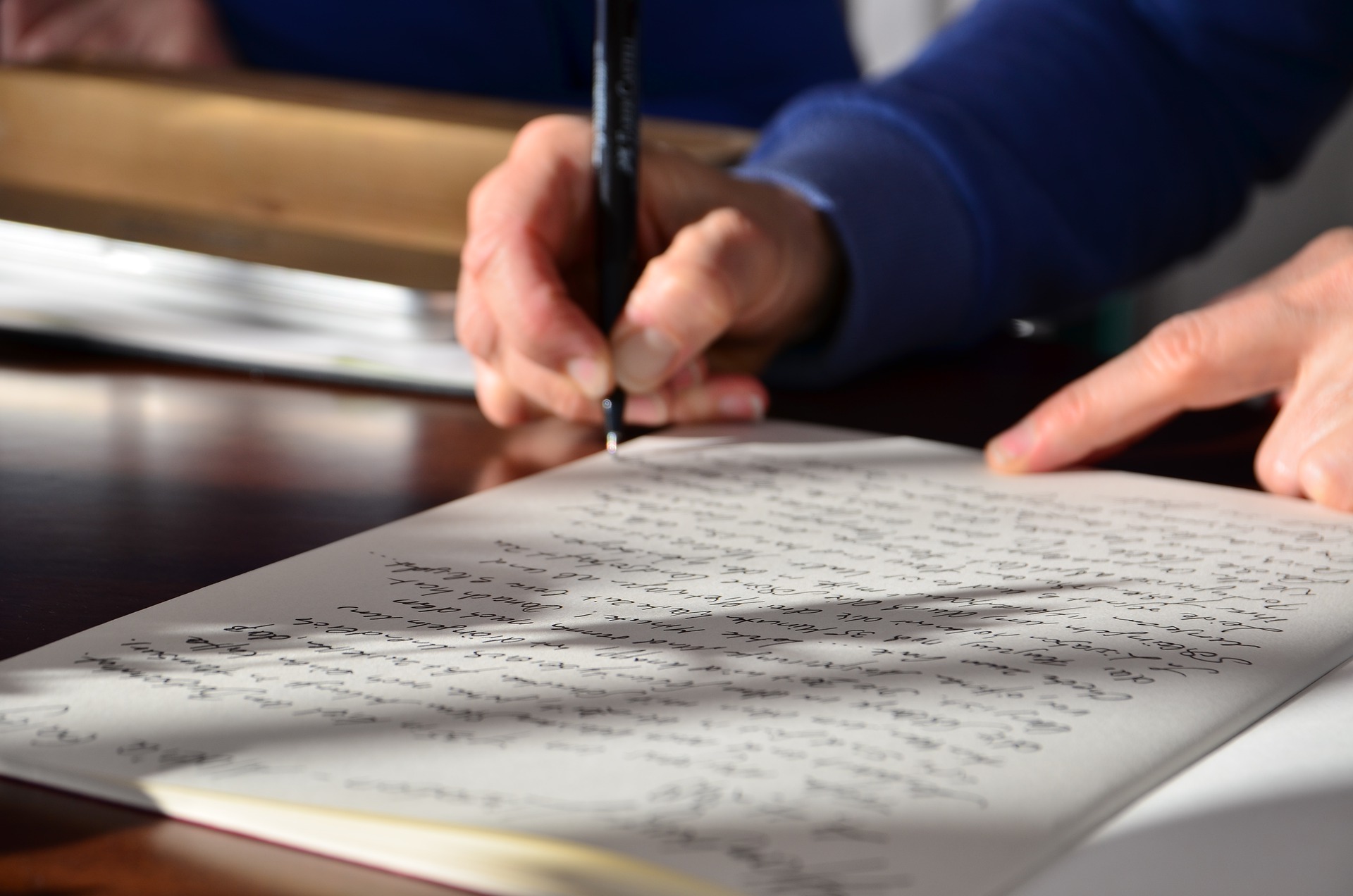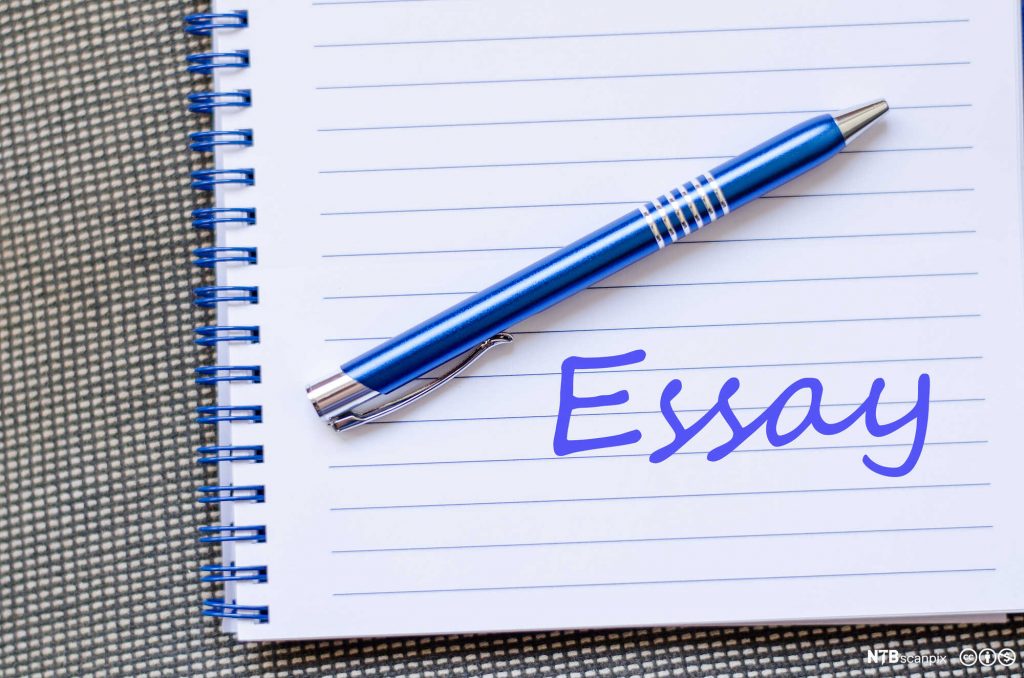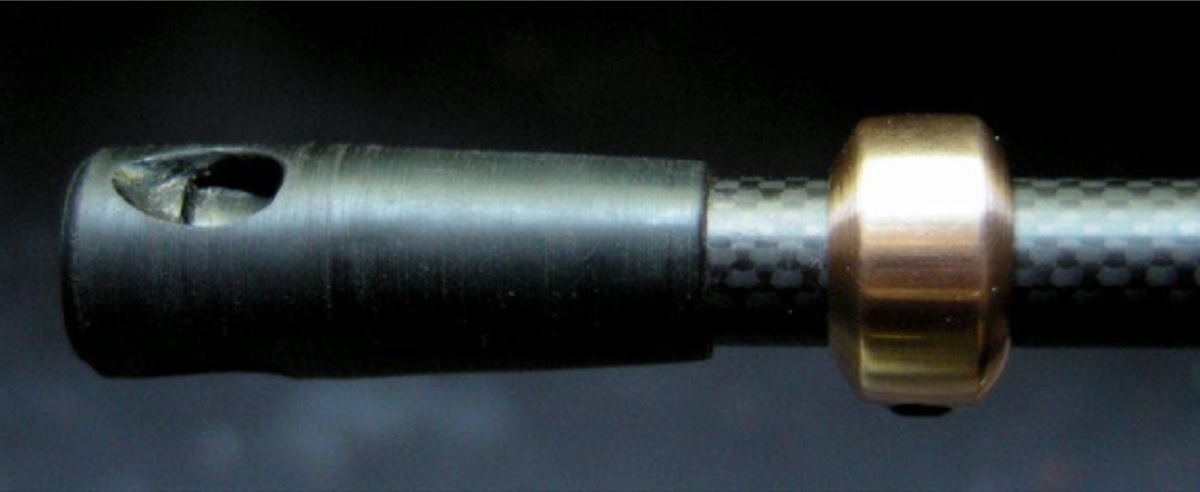
Here’s a surprising statistic. More than half of Americans read at a 6th-grade level, according to experts. And many of us above that level still don’t know how to write a proper essay.
Although you may think that writing essays are something you’ll stop doing after you graduate from school, that’s not the case.
The techniques and methods you learn from writing a proper essay can have a profound impact on your career. You don’t want to be the guy or girl in the office that gets laughed at whenever they send an email. That’s why in this post, we’re going to look at how to properly and effectively communicate through writing.
In other words, write an essay.

Photo Courtesy of NTB scanpix, Shutterstock
Use the Correct Structure
Building an essay is like building a house. First, you need a foundation. That’s your introduction. In this section (which may or may not be a single paragraph), you’re going to present your idea. You can also include a “road map” of the information you’re going to cover.
After you’ve finished your introduction, it’s time to get into the meat of your writing. This is known as the “body” of your essay. In the body, you’re going to develop your idea further. You want to establish that you’re knowledgeable about your topic and use specific examples to back up your claims.
Finally, you’re going to need a conclusion. This is essentially where you “wrap up” your essay. Re-state your idea and re-summarize your main points.
Whatever you do, never present new evidence in your conclusion. If you come to your conclusion and think of new ideas, insert them into your introduction.
How to Put a Paragraph Together
Paragraphs themselves need to have the right structure to make sense, too. Fortunately, this format is essentially a microcosm of an essay’s overall structure.
You’ll need to start with a topic sentence to establish what the paragraph will be about. Next, you’ll want to include a supporting sentence or two that will develop your idea further. Then, your paragraph needs some evidence to back up your claim.
After that, you need to analyze the evidence you present and relate it to your main point. Finally, you’ll want one last sentence to conclude your paragraph and wrap everything up in a nice, neat bow.
One thing to note: if you’re writing outside of an academic setting, you don’t need to condense these sentences into a single paragraph. You can break them up into smaller, more digestible tidbits as I did in this section. Huge blocks of text are usually something you want to avoid unless you’re talking about some in-depth, technical information.

Extra Essay Tips
Here are a few more ideas to help keep your writing fresh and flowing.
- Keep your sentences short. This makes it easy for the reader to digest. It’s always tempting to let sentences run on, with lots of commas and extra information (and maybe even some parentheses), and sometimes that can be really great. But for many people, this is going to get distracting.
- Make sure your sources are legit. This can especially be a problem in the internet age, where so much information is at your fingertips. Unfortunately, it’s not always correct. Do a little digging to ensure you’re not spouting something false!
Keep these tips in mind as you write your next essay. Once you get them down, you’ll begin to adhere to them unconsciously. It takes some practice, but pretty soon you’ll be well on your way past a 6th-grade reading level!
What are some more educational tips that you’d like to see? Let us know what you’d like advice about on social media!



